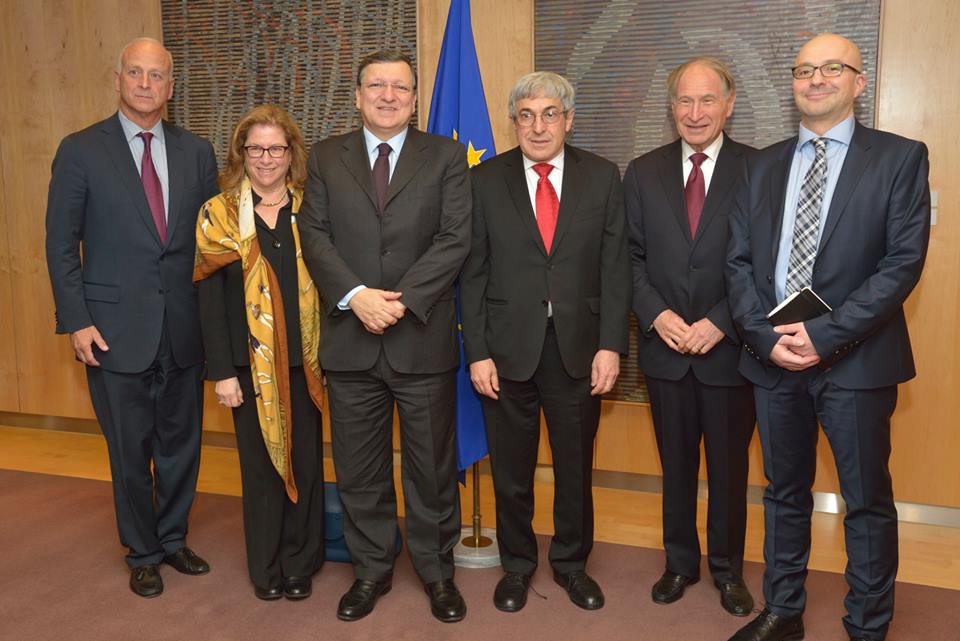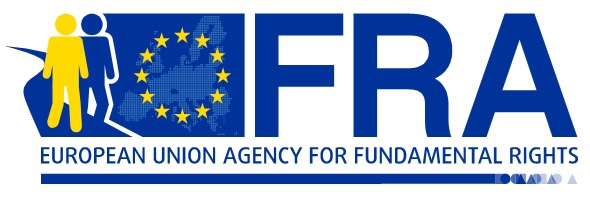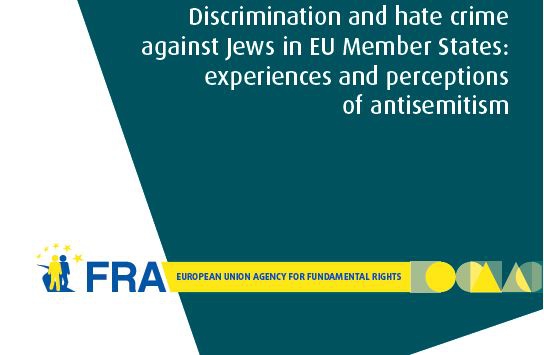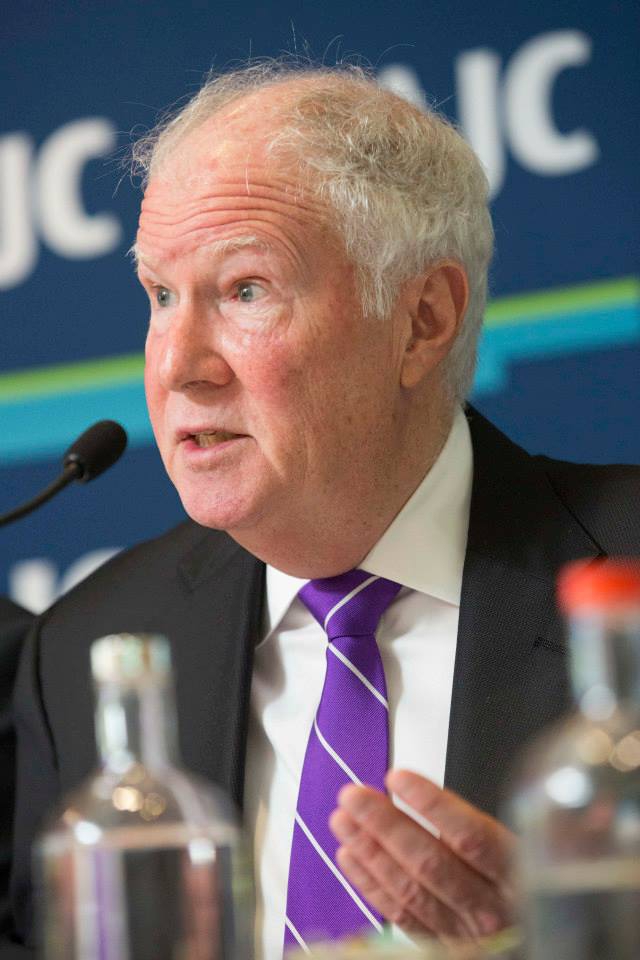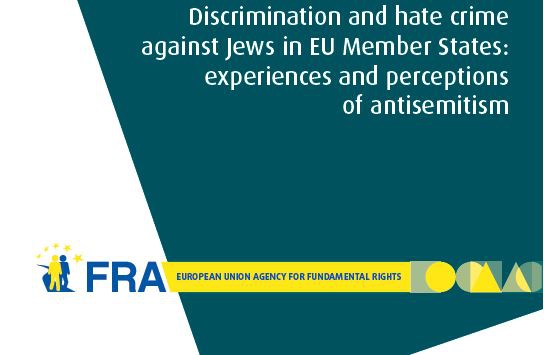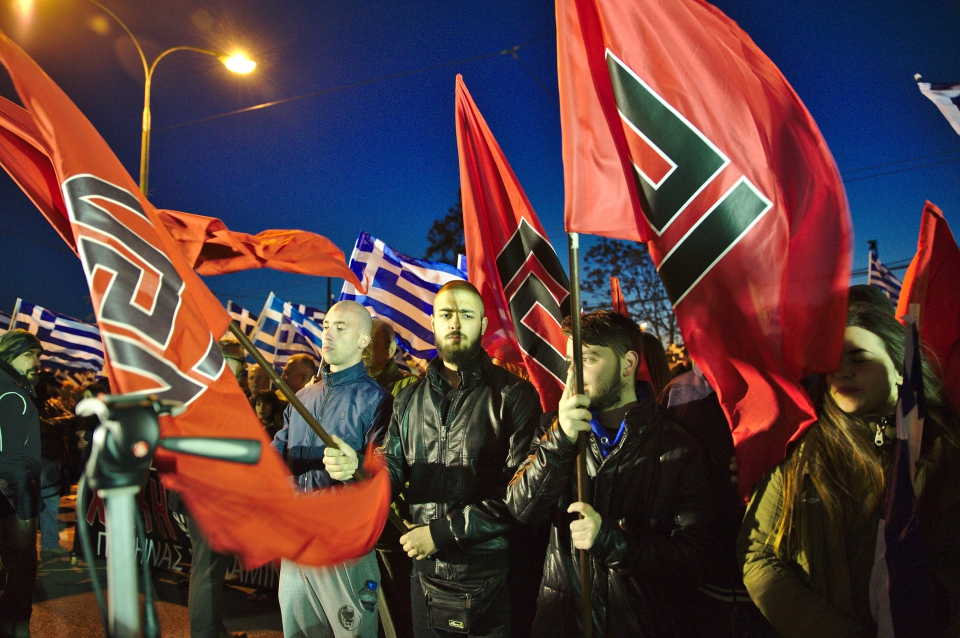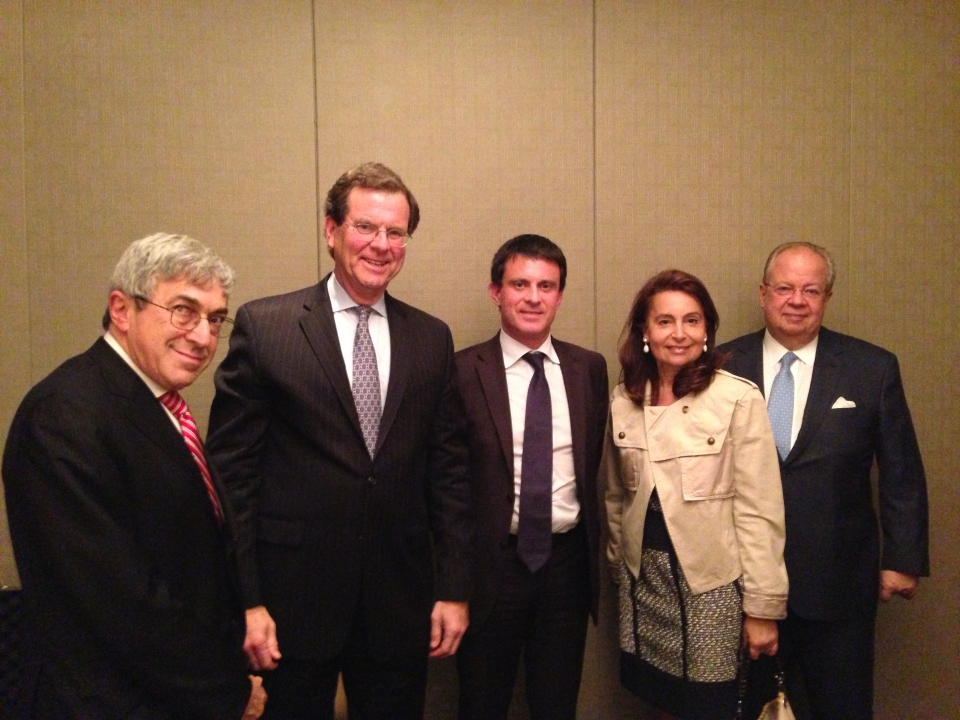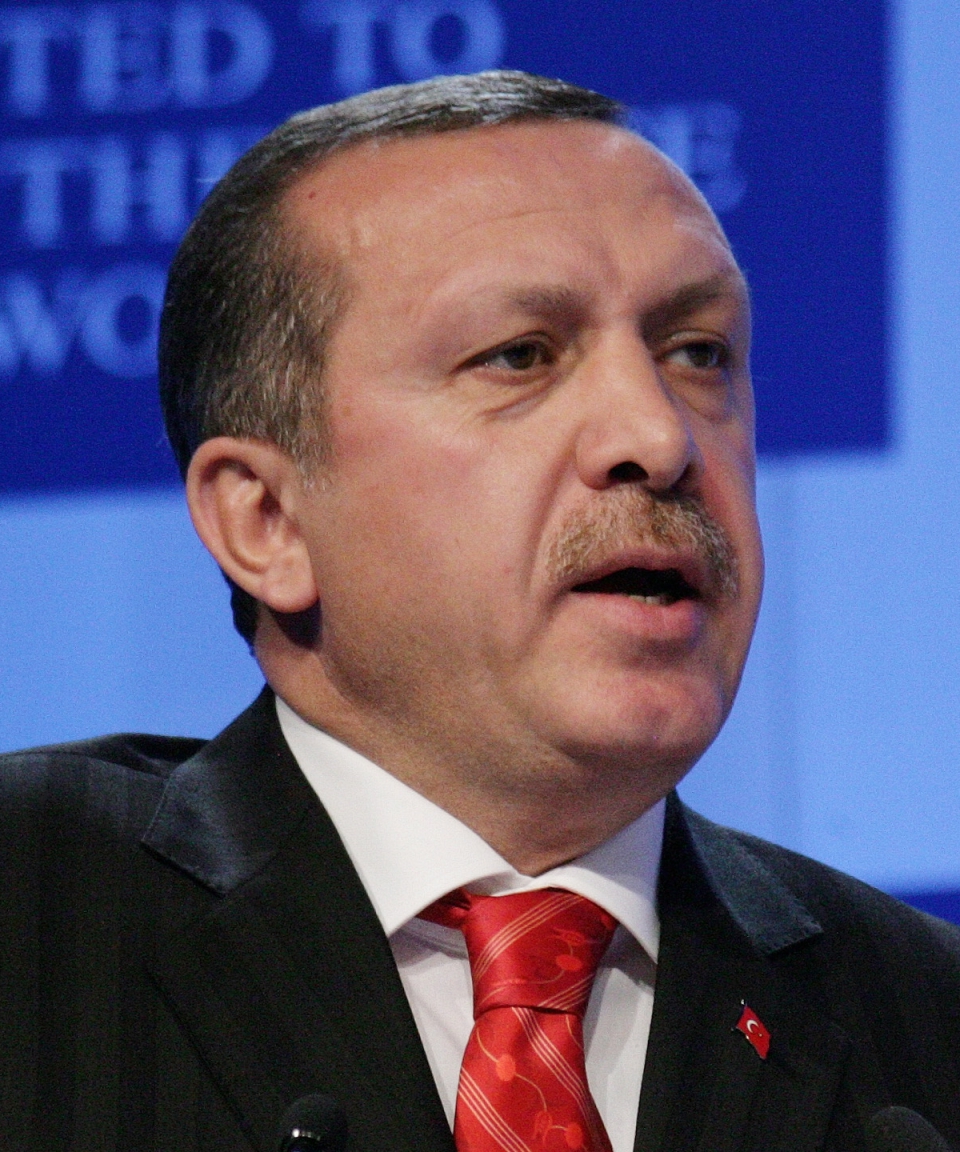Press releases
AJC Applauds Lawmakers’ Call to End Incitement in Palestinian Textbooks
3 September 2021 – Brussels – The AJC Transatlantic Institute applauds the calls by Members of the European Parliament in yesterday’s unprecedented debate on Palestinian Authority textbooks to finally end incitement in Palestinian school material--if necessary by withholding some funding to the PA. An EU-commissioned study published in June had confirmed previous reports of antisemitism, glorification of terror and the erasure of Israel on maps in Palestinian school books. The director of the Georg-Eckert Institute, which carried out the study, told lawmakers yesterday that those books that contain such hateful material clearly violate UNESCO standards.
Lawmakers across the aisle from the Foreign Affairs, Budgetary Control and Culture Committees condemned the teaching of hate in Palestinian school books, urging the EU to show zero tolerance for such hate. Several MEPs also expressed their consternation that despite the study’s detailed documentation of incitement across grades and subjects, the report’s executive summary nevertheless states that the books supposedly adhere to UNESCO standards.
The director of the Georg-Eckert Institute, Prof. Dr. Eckhardt Fuchs, yesterday clarified this section of the report which had led to much confusion. While some books do follow UNESCO standards, “in other subjects they do not. Here you find incitement to hatred, antisemitic parts and this we have said very clearly and differentiated,” Prof. Dr. Fuchs explained.
“It is difficult to imagine a policy more at odds with EU values and the stated goals of working toward peace and the creation of a democratic Palestinian state than indoctrinating schoolchildren to hate. As the EU is ultimately financing this incitement by underwriting the Palestinian education sector, the European Commission must act decisively to help preserve both the possibility of a negotiated two-state solution and its own standing as an honest broker,” said Daniel Schwammenthal, Director of the American Jewish Committee’s (AJC) Brussels-based EU Office, the AJC Transatlantic Institute. “I welcome the consensus among lawmakers, the European Commission and the European External Action Service that there must be ’zero tolerance‘ for incitement and antisemitism. But time is of the essence. Unfortunately, far too many Palestinian children have already been taught with this hateful material. The textbooks must be immediately replaced and should the PA refuse to do so, then ‘zero tolerance‘ must mean following the Norwegian example and withholding some funding to bring about the necessary change,” Schwammenthal added.
Oslo decided last year to withhold half of its funding to Ramallah’s education sector until hate was removed from all textbooks.
In December 2020, the European Union under the German EU-presidency decided to extend the fight against antisemitism across all of the EU’s policy areas and the Commission announced its intention to draw up a comprehensive EU Strategy on combating antisemitism.
“Last December we praised the EU for its commitment to ‘mainstream‘ the fight against antisemitism across all policy areas, which of course also includes foreign policy. Ensuring that foreign aid doesn’t go to funding antisemitic teaching must therefore be a top priority,” Schwammenthal said.
Since last October, Members of the European Parliament associated with the AJC-backed Transatlantic Friends of Israel (TFI) interparliamentary group have repeatedly sounded the alarm on the Georg-Eckert Institute’s error-ridden interim report and called for action. In three open letters – 7 October 2020, 5 May 2021, and 10 June 2021 – the lawmakers urged the EU executive to cut funding to the Palestinian Authority in order to help end the indoctrination of Palestinian children. Many of yesterday‘s lawmakers calling for an end to Palestinian incitements are also members of TFI. Below are some of their quotes.
MEP Monika Hohlmeier, Chair of Budgetary Control Committee:
"Now obviously coming from Munich, I was absolutely outraged that the 1972 attack against the Olympic Athletes was presented as being a justified attack “against Zionist interests abroad” in the schoolbooks.
This is effectively incitement…. To give you a second example: Dalal Mughrabi is praised in 5th grade Arabic lessons. In 1978 the terrorist was responsible for the Coastal Road Massacre close to Tel Aviv attack where 13 children and many Israeli civilians were killed. The terrorist is portrayed as a martyr, as a hero who represents the interests of her country of her people. She is portrayed as a role model for the young generation, I cannot accept that….Now, the question then to the Commission and the EEAS to what extent do you consider that the Palestinian education minister, who is a researcher himself, is going to react stronger and remove all content that glorifies terrorism, and heroism of terrorist, and any kind of content that declares someone from a different nationality as being a non-person? Otherwise, we raise future terrorists, future human beings who are intolerant. We absolutely cannot accept this kind of thing. It is not in line with our European values."
MEP Niclas Herbst, Vice Chair of Budget Committee:
“Having listened to our guests, having read the report, I think it is rather contradictory.
It's cause for great concerns, reading about all of those examples. It's hard to accept, that on the one hand, we have clear examples given by the Georg Eckert Institute of antisemitism and promoting of violence, and on the other hand, having to hear that this should meet UN standards.
I have a clear standpoint: There is zero tolerance for antisemitism and promoting of violence. All Palestinian pupils have the right for an education free of hatred.And as long as we as the European Union finance an educational system, in general, we are also responsible for this. We need to talk about funding, we need to talk about allocation. If we take our discharge process seriously, if we want to keep our credibility, we need to talk about the funding of the educational system in general, because we cannot accept that this is financed with European taxpayers' money.”
MEP Sabine Verheyen, Chair of Culture and Education Committee:
"If you have found in some books antisemitic content, if you have found one-sided content and that glorifies violence – do these books really still conform to UNESCO standards? Or how am I to understand it? One may be a bit antisemitic in a book but if it is otherwise fine, that would be great?
I imagine the outcry if European textbooks would contain the contents that have been found in some Palestinian textbooks, if such antisemitic contents would be found."
MEP Bert-Jan Ruissen, Vice Chair of Israel Delegation:
“I hear a lot about criteria, about procedures, about zero tolerance, real nice diplomatic words, but we have been hearing this for years, for many years, but nothing substantial changes on the ground. We cannot tolerate this anymore.
For me, it is clear. It is time for us as Parliament to act and to use the power we have. I mean our budgetary power. If the Commission and UNRWA cannot give us more guarantees, cannot give us more assurance, the only thing we can do is take as Parliament our responsibility and reduce the budget for this educational programs to zero until we see full compliance with the standards."
